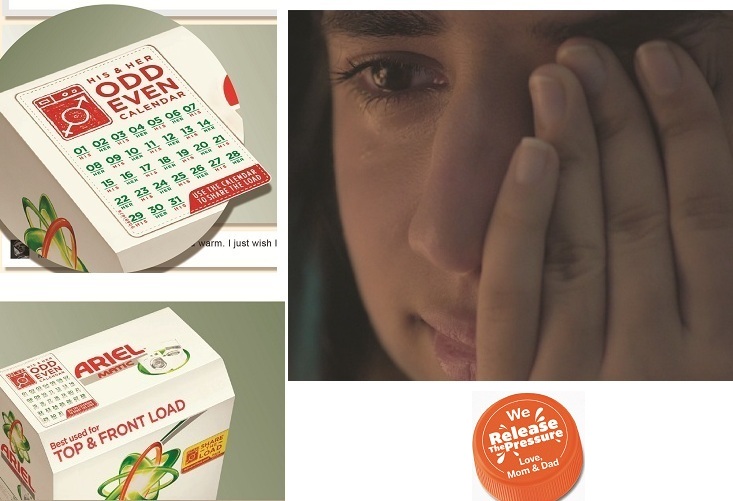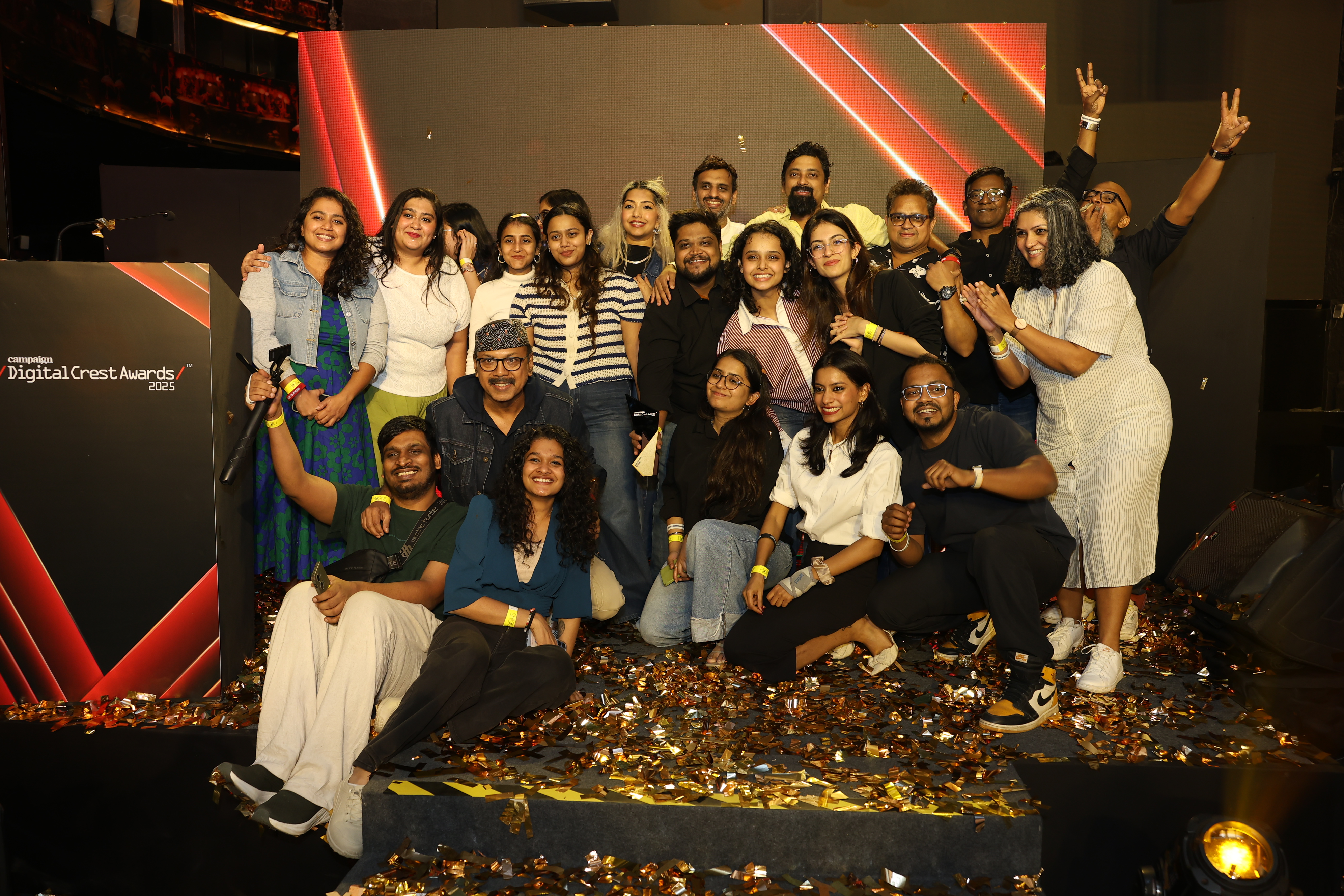As we near the Cannes Lions International Festival of Creativity, Campaign India continues with its 'Cannes Contender' series.
The premise is:
How much time really does a Cannes juror get to understand a case or piece of work s/he hasn't come across before?
Too little. It's up to us to help them get acquainted with the good work prior. We present here entries from Indian/South Asian agencies that their creators believe will be in contention for Lions at the 2017 International Festival of Creativity, Cannes.
BBDO India has two such entries.
Ariel - Share the Load
How can Ariel create deeper social change – where the product and the brand play an essential role and as a result drives a deeper relevance for the brand.
This led to ‘Dads #ShareTheLoad’ – a movement for deeper social change that spoke to dads by shining a mirror at their actions and showing them that they have the power to end the cycle of gender inequality by sharing the load.
The movement was led by a poignant film about a dad’s self-realisation and conversion about roles and responsibilities within the home, and about setting the right example by helping with laundry. As more and more people in India saw, shared and spoke about the message, Ariel launched the Share the Load pack with a unique calendar that divided the laundry task between men and women equally, by marking odd days for men and even days for women to do the laundry. These and other actions by the brand led to some profound changes in social behaviour and impact on brand. Over 2.1 million men pledged to ShareTheLoad. Dads #Share TheLoad created a movement that resulted in 65 million views, 2.6 Billion Impressions. Sales up by 105 per cent. Engagement went up 4.6 times (the highest ever).
The campaign has been recognised and awarded in several Indian and International award shows. It was ranked the no. 1 most effective campaign in the world by WARC Worldwide.
Mirinda #ReleaseThePressure
Weeks before the board exams begin, PepsiCo India rolled out a thought-provoking campaign raising the issue of examination stress among teenagers which often leads to depression and suicidal tendencies. Titled Release the Pressure, the digital film is a powerful appeal to parents to support and motivate their children. The film crossed 25 million views in just three weeks of the launch.
With an aim to continue conversations around the same and to urge more people to pay attention to the critical issue, Mirinda introduced a set of 11 million bottles recently, where the labels of each feature an open letter written by teenagers across the country. The labels also carry a number for people to call and pledge their support to the cause. With the ‘release the pressure’ commitment on 11 million bottle caps, the brand is encouraging more and more parents to pledge for change.
It is Mirinda’s way of connecting with today’s 14 to 18 year olds who are going through immense competitive pressure. It is about empathy, about resolving conflict. By creating a platform to discuss and debate this issue, Mirinda is playing a useful role – something that progresses society and our target audience. The engagement on Mirinda’s social handles went up dramatically.
Want to get your agency's work featured here? Send in your contenders to prasad@haymarket.co.in raahil@haymarket.co.in.
Also read:






